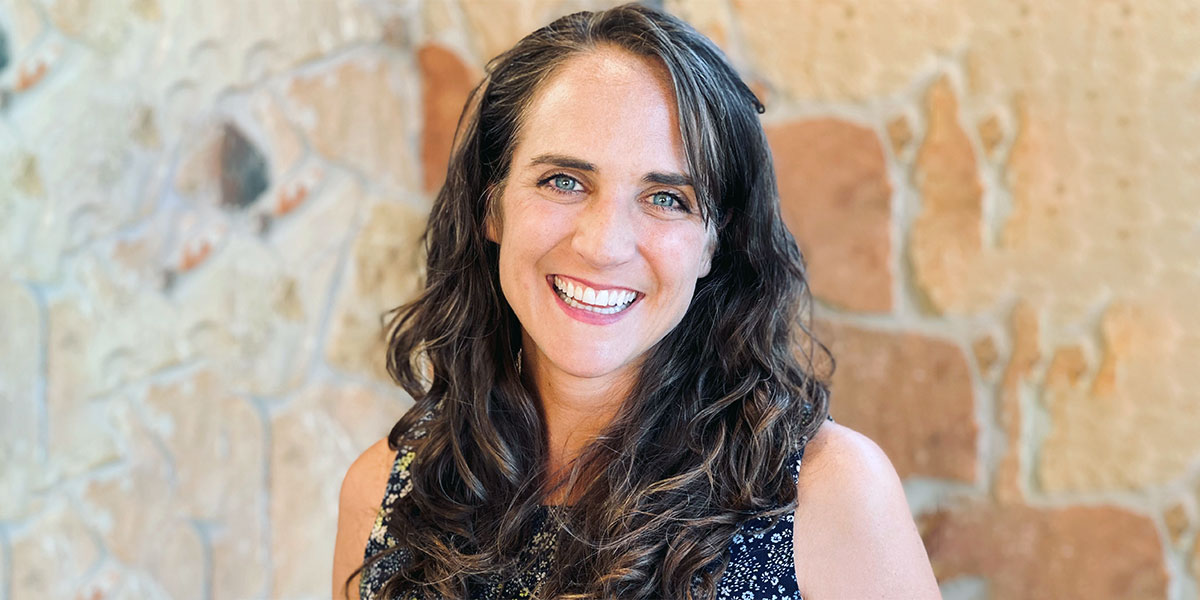Helping vocal athletes perform at their best — meet Baylor’s certified vocologist

Singers, speakers, performers — these “vocal athletes” all rely on their voices just as a pitcher relies on his or her pitching arm, or a runner his/her legs.
To perform their best, many singers and actors seek to visit certified vocologists, but it’s not always easy to access one — only 20 each year are certified. Amongst that elite group of global vocologists? Baylor’s own Lauren Weber.
As a lecturer in musical theatre and voice in Baylor’s Theatre Arts department, Weber brings to the role her training as a certified vocologist, providing students with research-backed insights into how to not only perform their best, but to perform with the sustainability of their voice in mind.
“I tell my students, ‘If you wanted to run a marathon, you might be able to go outside and complete that today, but if you haven’t been training, it could be very dangerous and probably not very successful. And so, I think of our voices in the same way,’” Weber says. “Very intricate coordination has to happen in the voice, using vocal muscles and relaxation and all the kind of things that go into that. Our bodies are our instrument, and so when we say vocal athletes, I think of it as training and things that we can do to help them achieve the best vocal stamina that they can.”
For Baylor Theatre students, it’s a tremendous competitive advantage to have access to a vocologist on staff. Vocologists undergo intensive training — three years for Weber — in studies that merge medical science, artistic practices of the voice, and pedagogy. Very few vocologists have remained in full-time teaching. In addition to her vocologist training, Weber herself has a background like her students, with degrees and field experience in musical theatre. Weber merges those experiences to prepare students for a career in their chosen field, as nuances of the voice vary from, say, classical music to musical theatre. Weber also partners with faculty colleagues to advance interdisciplinary vocal research.
“Our voices are our identity. So much of who we are is tied up in that, and I think that’s a gift from God,” Weber says. “Research is really just now catching up to the teaching and the performing that we’ve been doing, and it’s fun to study what I need to know as a teacher and what my students need to know.”
Sic ’em, Lauren Weber!

